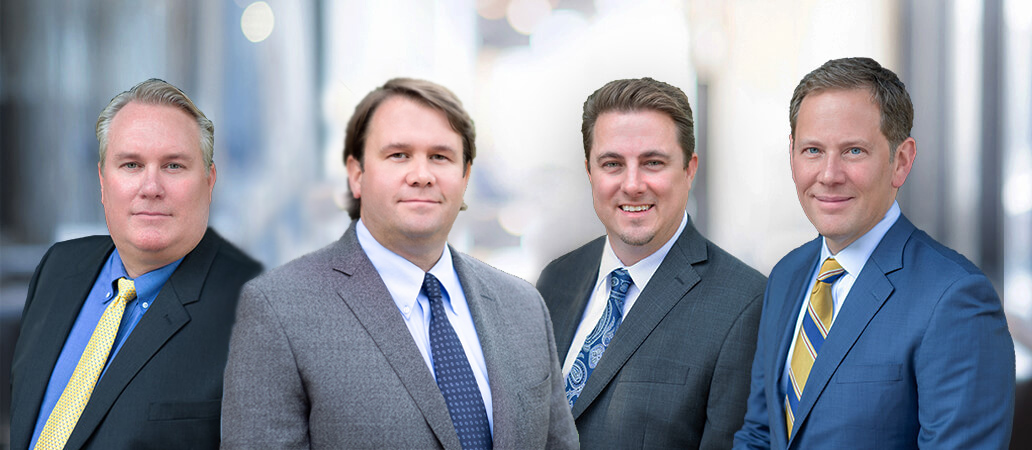What trial attorney has not thought after a verdict, “man I wish we could reconvene the jury on this one issue to get it right.” On July 24, 2015, the 9th Circuit Court of Appeals concluded such a move is possible. In Dietz v. Bouldin, the 9th Circuit held it was not abuse of discretion for the trial court to call back a jury after it had been discharged to correct an error in its verdict.
The underlying matter concerned personal injuries alleged by Dietz as a result of a rear-end car accident with Bouldin. Prior to trial the parties not only stipulated to liability but also to Dietz’s past medical expenses totaling $10,136. The only dispute which required the jury was the necessity and cost of Dietz’s future medical care. While Dietz alleged he required physical therapy, medication and injections, Bouldin alleged a prior medical condition was more contributory to his need for future medical care. After arguing the case, the jury returned a verdict for plaintiff but awarded $0. The court then discharged the jury and recessed. Moments after releasing the jury, the court realized the verdict was an impossibility given the stipulated past medical expenses and called the jury back. The jurors were advise the verdict violated the stipulation and the court questioned each juror whether they had been subjected to undue influence following discharge. After confirming no influence occurred, the jury reconvened and returned with a new verdict for $15,000.
On appeal, Dietz argued the trial court erred by recalling the jury after it had been dismissed. The court, noting this was an issue of first impression for the 9th Circuit, first cited authority that once a jury was discharged, the entity ceases to exist and further the protective shield preventing jurors from being subjected to outside prejudicial influences is removed. However, the court then cited decisions which recognized that in certain limited circumstances a jury can be recalled immediately after dismissal to correct an error. The court then focused on the genesis of this exception as ruled in Summers v. United States (1913), 11 F.2d 583, a Fourth Circuit Court of Appeals decision. In Summers the trial court called back a jury immediately after it was discharged and still in the jury box. The Fourth Circuit, upheld the trial court’s actions reasoning that a jury:
may remain undischarged and retain its functions, though discharge may have been spoken by the court, if, after such announcement, it remains an undisbursed unit, within the control of the court, with no opportunity to mingle with or discuss the case with other, and particularly where, as here, the very case upon which it has been impaneled is still under discussion by the court, without the intervention of any other business. 11F.2d 583 at 586.
The 9th Circuit then outlined several other circuit court decisions which extended the principle of the area “within the control of the court.” After reviewing the totality of the circumstances regarding the actions taken by the jury in the Dietz case, the 9th Circuit agreed that it was not abuse of discretion for the trial court to call back the jury and have them correct the verdict. Read the entire opinion here.
Ultimately, the Dietz decision provides a basis for trial counsel to seek corrections to a verdict when error has so clearly occurred, provided the correction is sought immediately after discharge and no juror has encountered prejudicial influence.
Disclaimer: The information contained in this post are provided for informational purposes only. Such information is not intended as, nor does it constitute legal advice, and information is current only as of the date indicated. No attorney-client relationship is created by this website, nor by any exchange of information in connection therewith, unless and until a written agreement containing all terms of representation has been signed.

